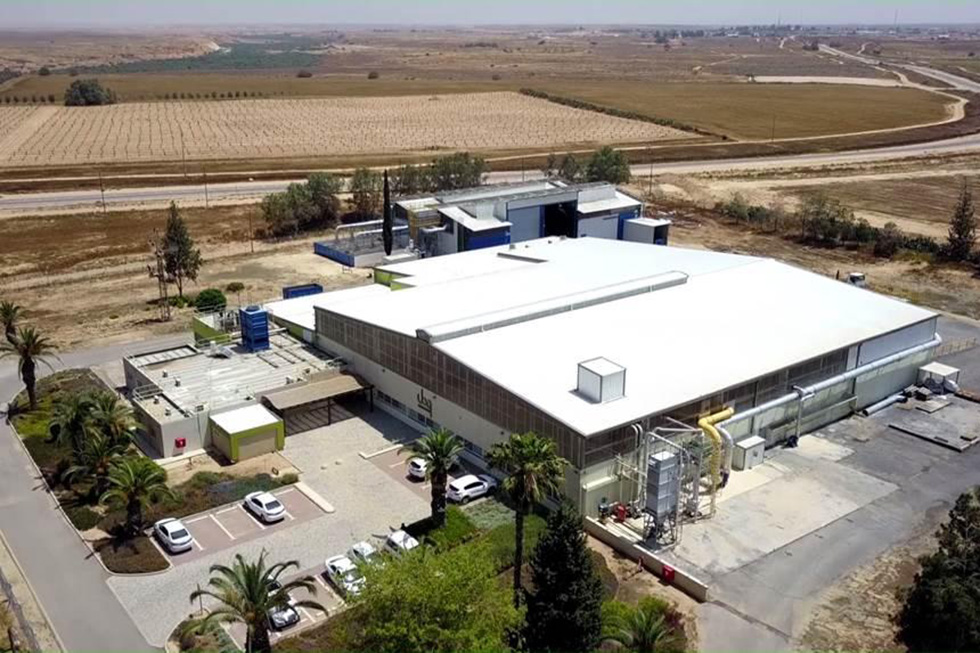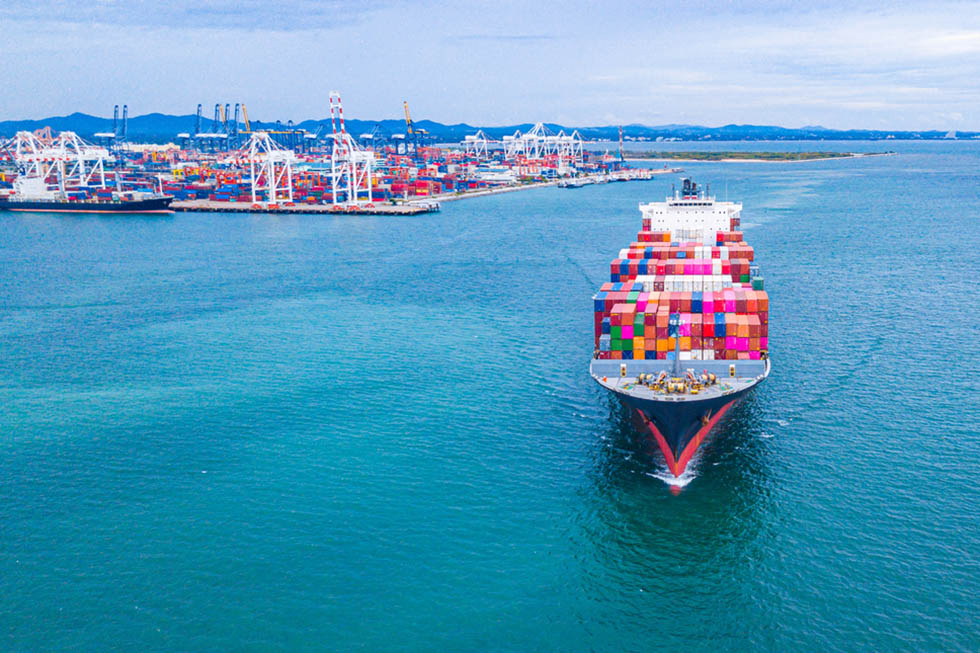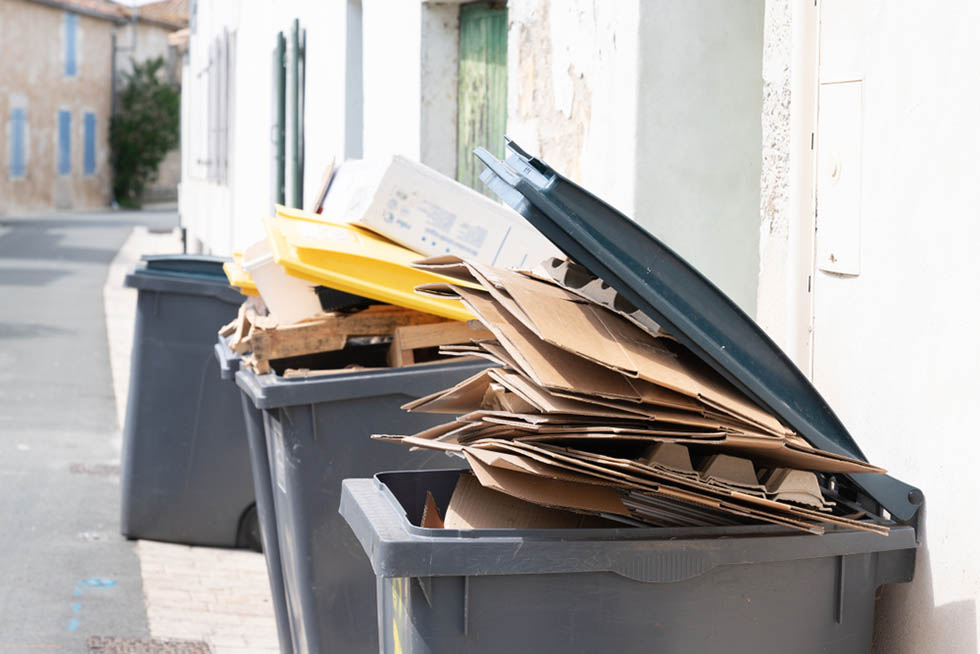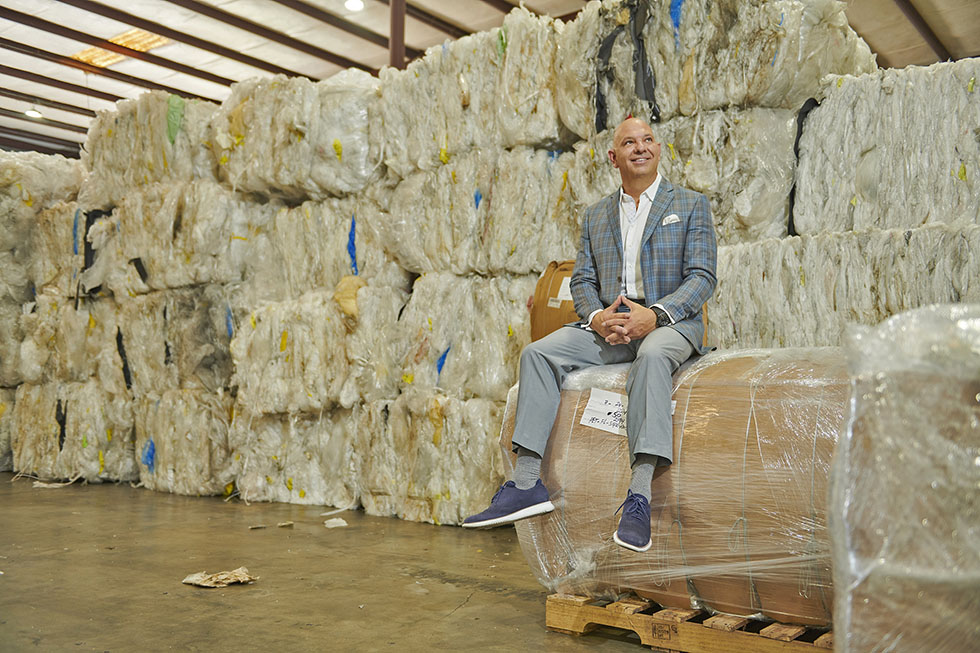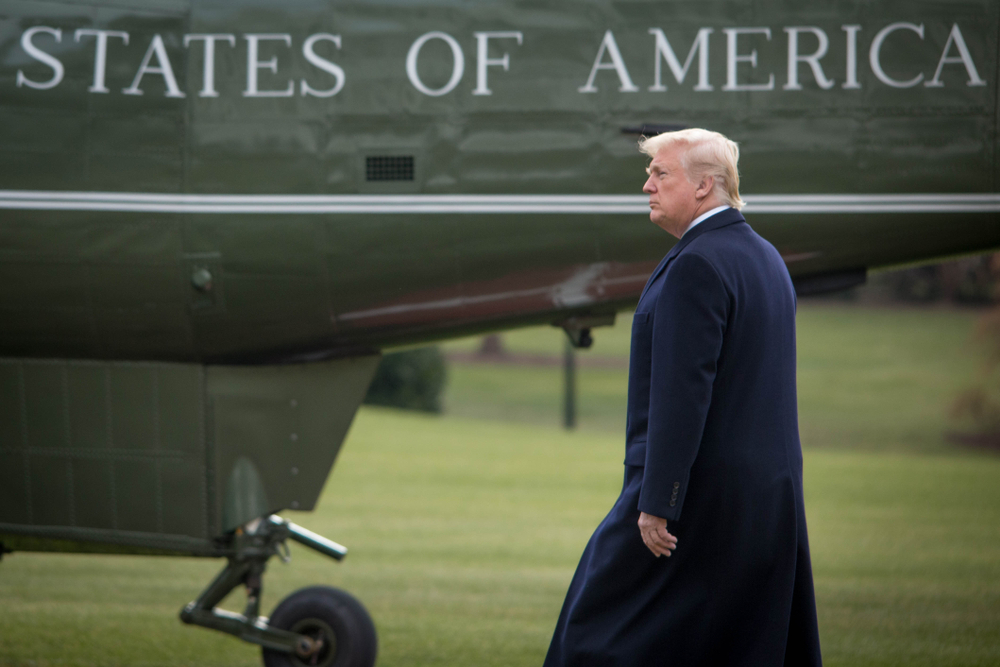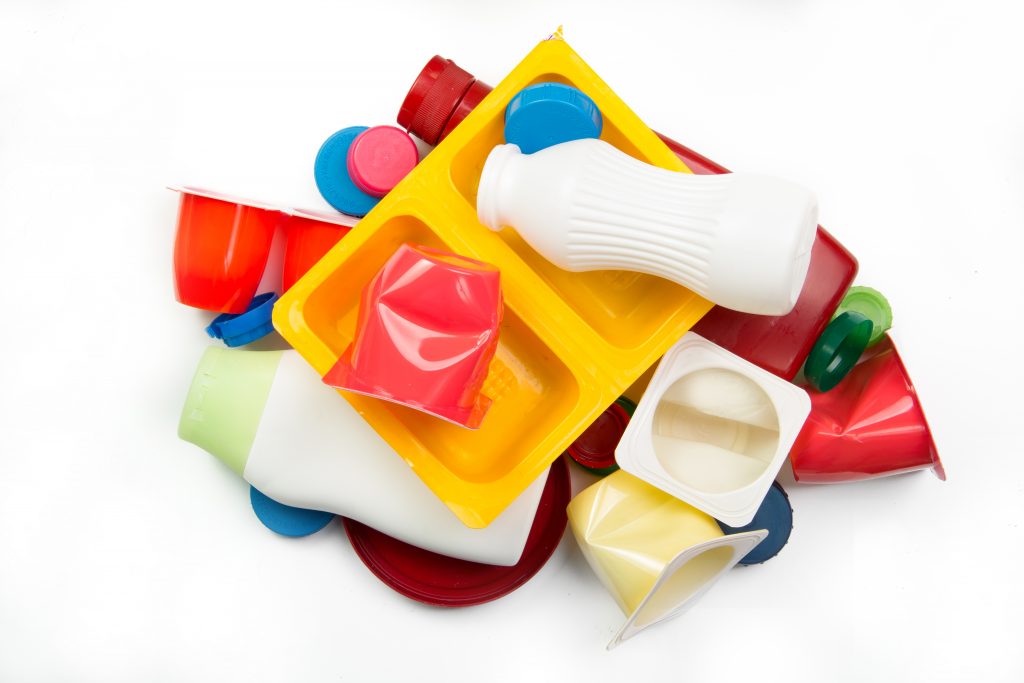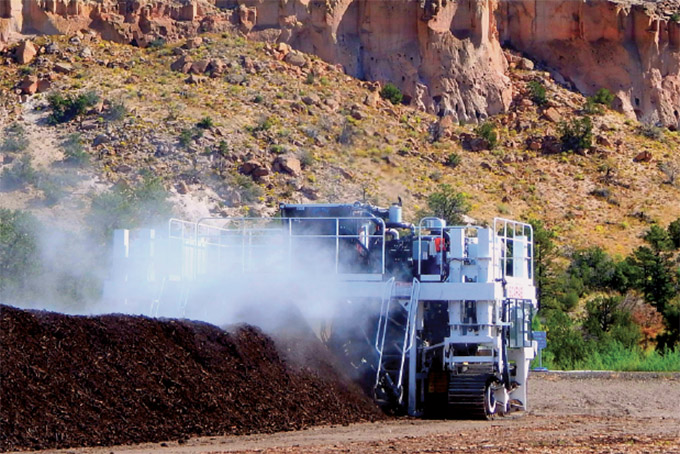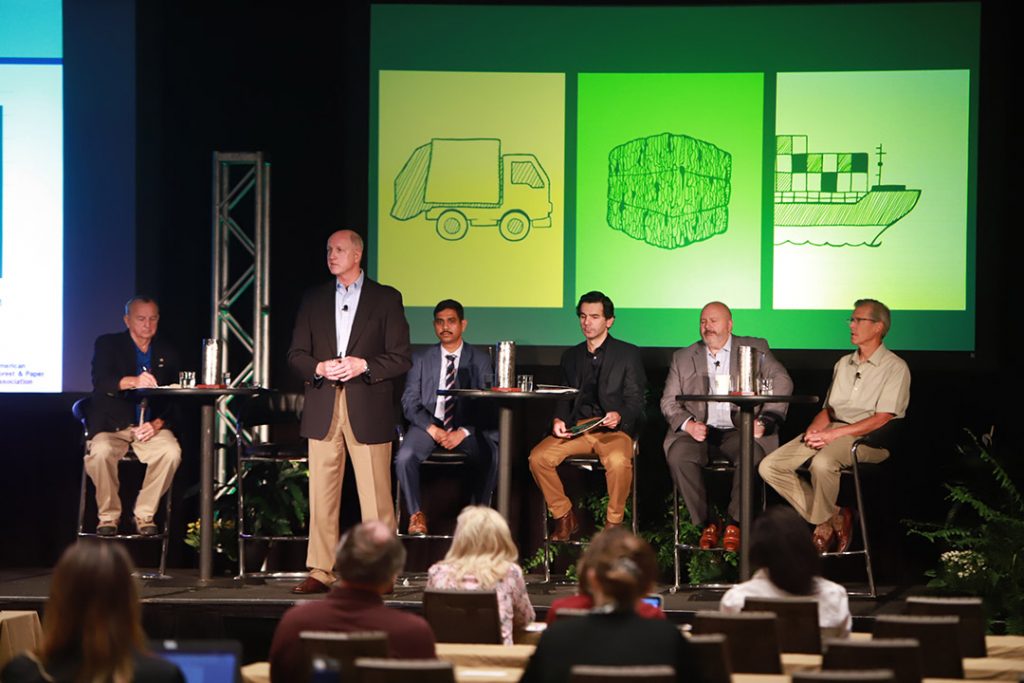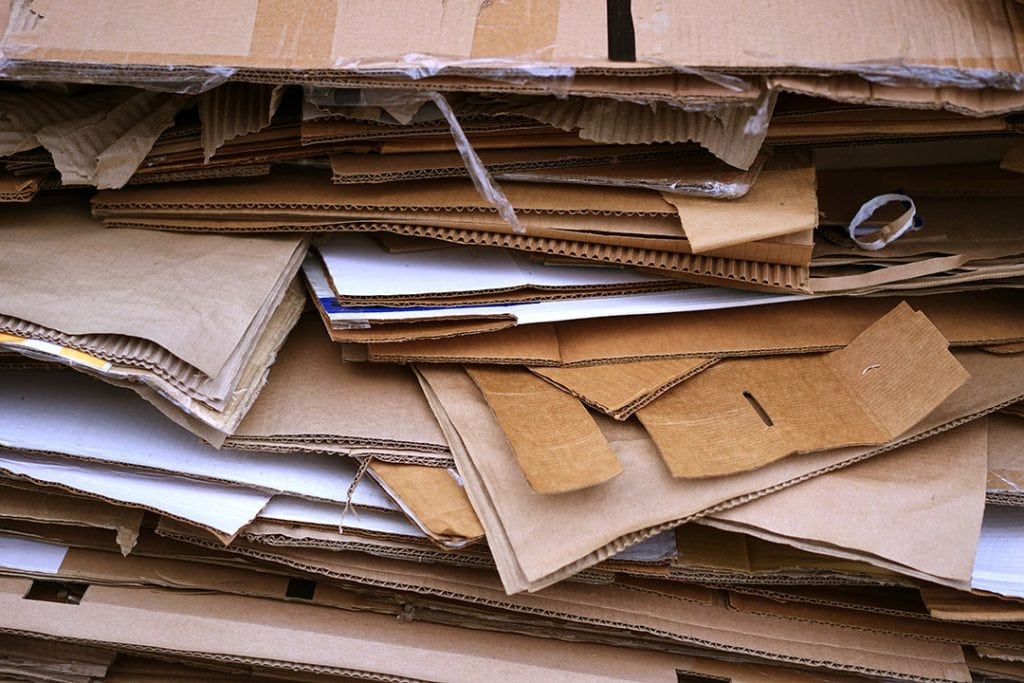
Around 50% of box manufacturer U.S. Corrugated’s total paper sourcing comes from post-consumer materials. | John McLenaghan/Shutterstock
U.S. Corrugated, a box manufacturer that uses recovered fiber, is opening a “super plant” in Indiana in coming months, with more new capacity coming in the future.


 Colin Staub was a reporter and associate editor at Resource Recycling until August 2025.
Colin Staub was a reporter and associate editor at Resource Recycling until August 2025.